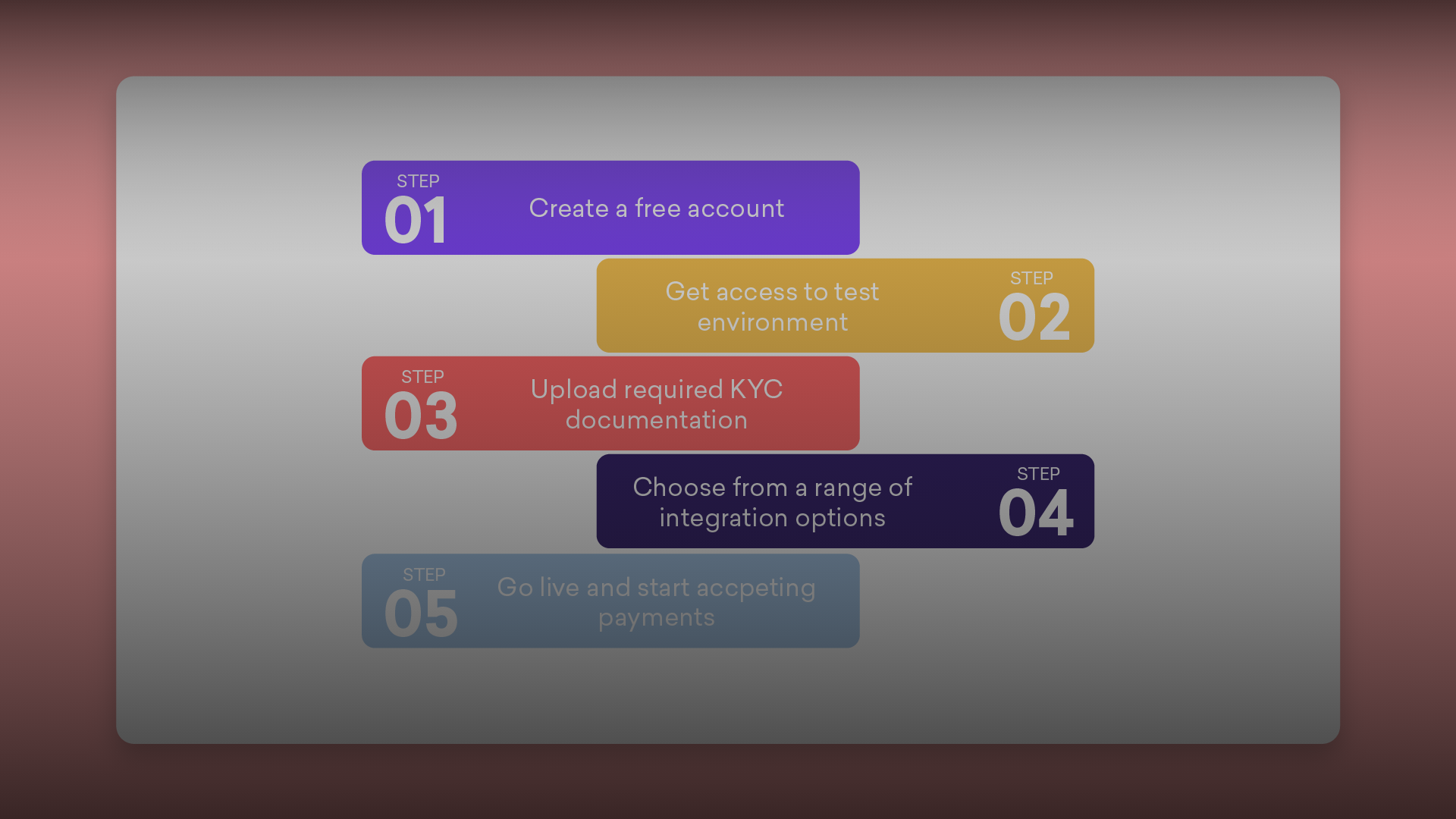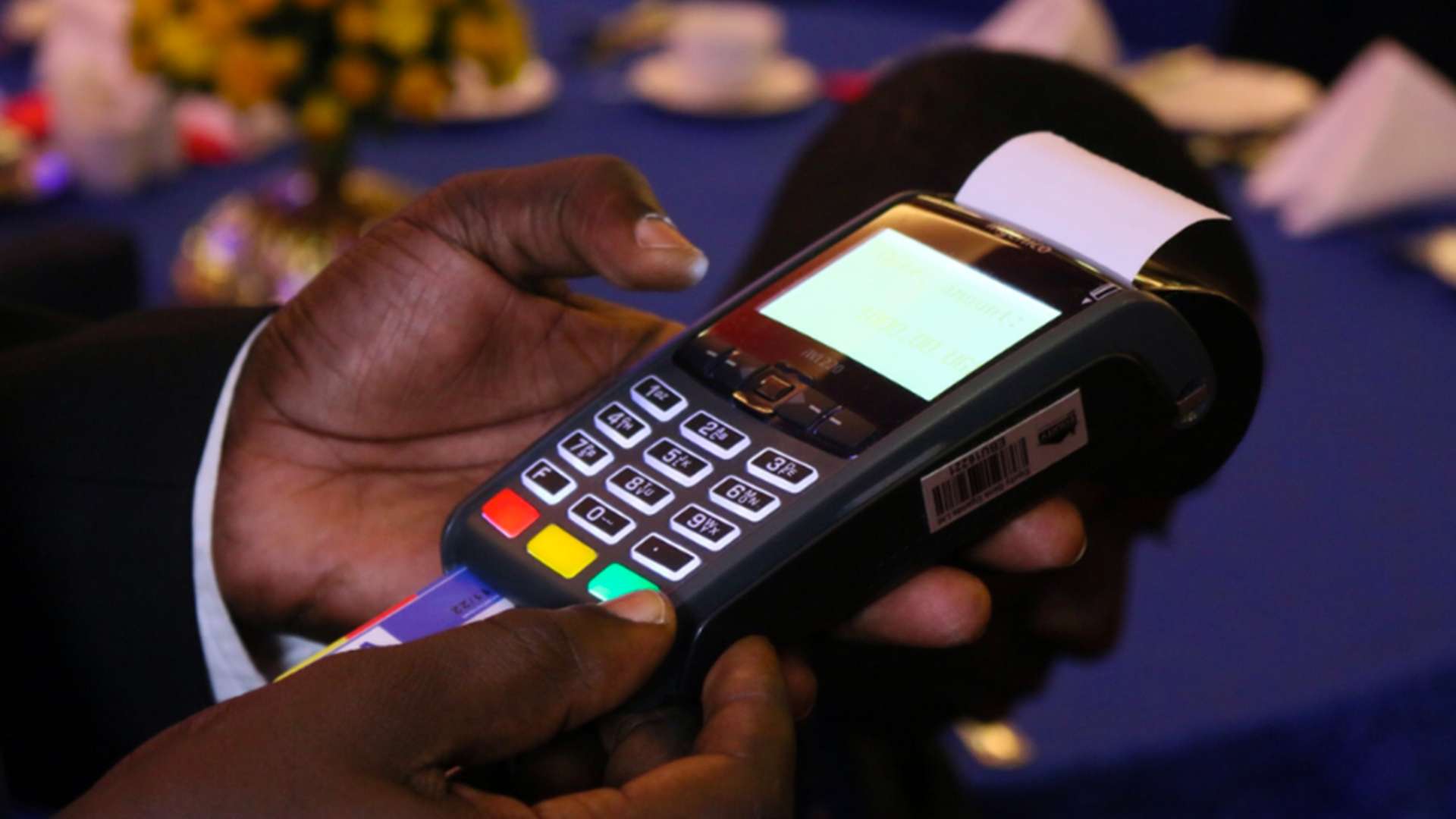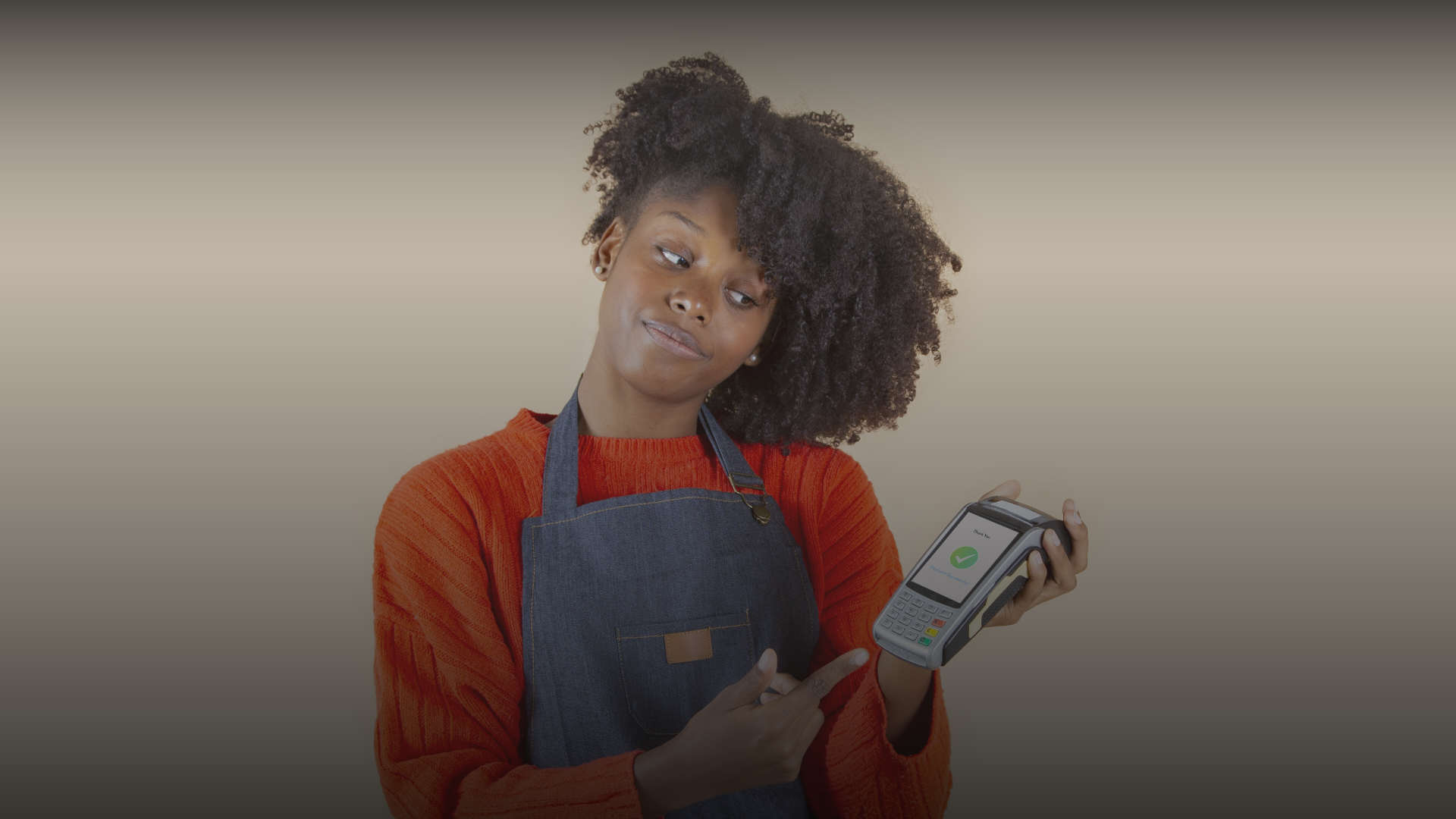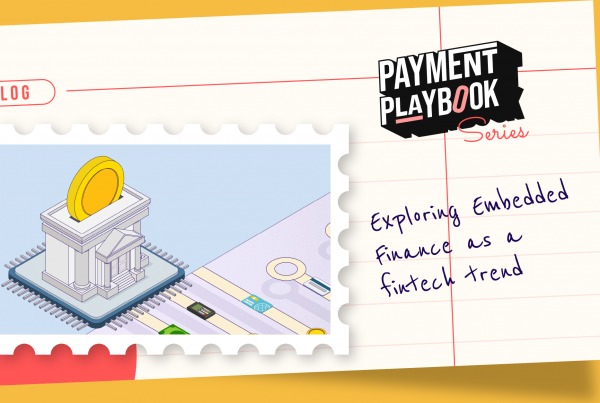Despite a host of challenges, including infrastructure deficiency, economic upheavals, and flawed payment and inventory management information systems, Nigeria’s retail industry is on a promising path of growth. In a country of more than 200 million people, the demand from a vast customer base significantly boosts the retail sector.
To take advantage of opportunities, retailers must adopt strategies to improve their operations and increase profits. One of the best strategies for players in the retail sector to achieve this involves improving their payment management. A modern point-of-sale (POS) is their best bet.
Improving your payment process with a POS system is crucial for all retailers, whether you’re a small retailer or a large chain.
This article will explain a POS system, its benefits, key features and how to choose the best for your retail business.
Definition of a retail POS system
Primarily, a retail POS system combines hardware and software that allows retailers to accept payments and checkout customers. Aside from just the use case for accepting payments, retailers can also use the POS system to manage transactions, track sales, manage inventory, and collect customer data.
The retail industry is brutal and intensely competitive; hence, retail operations have to prioritise strategies that optimise operations, improve customer experience and provide valuable insights into business performance. A reliable and efficient POS system does all that.
Understanding POS and POS system
Although the concepts of POS and POS systems are connected, there is still a distinction. A point-of-sale (POS) is the physical place where customers make payments, while the POS system includes the POS itself, the technology that drives it, and other functions. Remember, this article earlier defined a POS system as a combination of hardware and software (technology).
How a POS system works
A POS system starts working when a customer wants to make a payment and complete a purchase. From that moment, the system integrates hardware and software components to complete customer payments. It goes on to help with inventory management, collate customer information and data and other essential aspects of a retail operation.
A POS system workflow happens in the following steps;
Step 1: A customer comes to checkout
This step is after a customer goes through all the carts at a retail store and browses for their needs. After shopping, the customer comes to the checkout and is ready to make payments.
Step 2: The POS system calculates the total price
Here, the cashier or attendant uses the POS system to calculate the total price of all the goods the customer has selected. The POS system searches for information on all the products in the database and calculates the total.
Step 3: The customer makes payment
After the POS system calculates and shows the total, the customer completes the purchase and pays. The best POS system, like Fincra, has features that enable several payment methods for the convenience of customers. Fincra’s POS solution allows customers to pay with their cards or bank transfers.
Step 4: Payment is complete
After payment is complete, POS systems provide analytics that supports other operational management systems like inventory management and insights into customers’ data and information. The POS system supports inventory management with advanced analytics and an intuitive dashboard that businesses can use to analyse information of just concluded transactions- such as the product name, quantity sold, date and time of sale, and customer information such as contact information and purchase history. These POS systems generate reports that businesses can use to track sales, customer behaviour, taste, and trends.

Key features of a retail POS system
A modern retail POS system has several features and functionality; it is just more than payments. Let’s look at some of the key features.
- Payment processing
Payment processing is the primary function of retail POS systems; at least, that is how many think of it. It makes sense because payment processing is a critical part of retail operations. With payment being a trigger for trade and involving customers, retailers need to optimise the whole process.
A POS system does this by supporting multiple payment methods. Fincra, for example, offers POS systems that allow retail customers to pay with a card or bank transfer. POS systems that accept cards are the most popular in Nigeria. When customers do not bring their cards to retail stores, they go through the frustrating process of paying via transfer into an account and waiting for confirmation from the store manager or owner.
POS systems that allow payment via bank transfers are a lifesaver as they erase this long-wait time and quickly close a transaction.
- Inventory management
Another critical feature of a retail POS system is inventory management which allows businesses to keep track of stock. Fincra POS system provides advanced analytics and an intuitive dashboard that displays real-time transactions, reporting and analytics from all POS pay points.
The dashboard and reporting you get from Fincra’s POS system streamline stock management for businesses. This feature will help businesses to avoid stockouts and overstocking, saving time and cost of operations. The information from the reports can also help retail businesses to make informed decisions on their stock level, promotions etc
- Centralised sales tracking and reporting
Data and information are valuable in helping businesses to track trends, track inventory and make better business decisions. The sales tracking and reporting feature with Fincra’s POS system helps businesses understand the whole perspective of their sales and transactions.
In addition, Fincra’s POS systems allow multi-channel or multi-store retailers to centralise their sales tracking and reporting. For these retailers, it isn’t easy to properly monitor transactions and reports from their respective pay points. Many go through the manual process of tracking individual pay points.
Fincra’s POS system solves this by unifying different paypoints on one dashboard.
- Customer management
It’s cheaper to get current customers to return to your retail store and make repeat purchases than to acquire more customers. There is no better customer retention strategy than using their information and data.
A good POS system does that for retail businesses with its advanced analytics that allows retailers to understand their customers so they can come up with ways to manage them. You can get customers’ contact details and purchase history and use these to understand them better and create more impactful customer retention campaigns.
- Add apps and functionalities
Retail businesses may need to customise their POS to offer more services. Fincra POS systems allow businesses to add more functionality and apps to provide services like utility bill payments, cash-in, and cash-out services, etc.
Types of retail POS systems
Several retail POS systems are available for retailers, and businesses must choose the one that suits them best. Retailers can also have more than one POS system to serve different needs.
- The traditional POS
The traditional POS is the standalone POS system that brick-and-mortar stores commonly use. It’s a simple setup of a single terminal and a dashboard that the cashier uses to collect payments and track sales. Although ideal for small businesses, some of Nigeria’s biggest stores use this POS system.

- Mobile POS
The mobile POS system is different from the traditional POS. It is usually used on mobile devices and is ideal for mobile businesses—street vendors, delivery drivers etc. The mobile POS system is cloud-based.
- Cloud-based POS
Cloud-based POS systems have emerged with newer inventions in POS systems. With this system, businesses can access POS solutions from the web with internet services.
- Integrated POS systems
These POS systems connect and work with other business systems, such as accounting software, inventory and customer management software or e-commerce platforms.
Benefits of using retail POS systems
Using a POS system for your retail business has numerous benefits. This article highlights some of them;
- Improve customer experience
The best businesses prioritise their customers, which is what POS systems do for retailers. Retail POS systems equip businesses with customers’ information, buying habits, history and insights that businesses can use to optimise the customer experience.
Something as simple as reducing wait time for customers after they have completed shopping also helps to improve their experience.
POS systems offer a variety of payment methods to the satisfaction of customers; giving them their preferred payment method is a way to serve them better.
- Close sales fasters
With retail POS systems, businesses can close sales faster, serve and satisfy more customers and make more revenue.
Long-wait time at checkout burdens everyone from customers to business employees. POS systems fasten the whole process for the benefit of everyone.
- Streamline operations
With a retail POS system, businesses can improve operational efficiency with its fast checkout for customers, automation of routine tasks and access to real-time reports.
The ability to centralise data from sales points from different locations helps businesses to reconcile sales numbers and revenue collected easily.
With the insights from POS systems that help improve inventory management, businesses can quickly reconcile their stock, eliminating the manual process of checking shelves and displays.
Businesses simplify their sales tracking with the help of a POS system, saving time and cost by using separate systems to monitor sales and track payments from different pay points.
- Optimised payment process
The core function of POS systems is payment processing; nothing improves customers’ experience more than this. With a POS system, businesses can optimise the payment process by allowing several payment methods for customers to have options. Customers can pay with cash, card, and transfers with Fincra POS.
You can build Fincra’s POS systems on any POS setup and optimise the payment process for all scenarios.
- Improved Security
Retail POS systems can also help businesses improve security and prevent fraud. Retail POS systems use encryption and other security measures to protect sensitive customer data and transaction information.
- Increased sales and profitability
All the benefits we have highlighted about POS systems all point to increased sales and profitability. Sales and profitability are the goals of every business, and POS systems set businesses on that path.
When your customers have the best experience interacting with your business, they repeatedly come back for more; the best experience entails shorter-wait time at checkout and getting targeted with specific and impactful marketing, which is possible with valuable data and information from POS systems.
The best retail POS system for your business
This article has highlighted the features and benefits of retail POS systems. Retail businesses must choose the types that suit their needs to enjoy those benefits. Whether you are opening your first retail store or looking for another option and want to switch, it is essential to choose the right POS system.
There are several factors to consider when choosing a retail POS system for your business. We look at some of these factors.
- Integration with other systems
A vital factor to consider when choosing a retail POS system is its integration with other systems. It doesn’t make sense to overhaul your existing systems because you want to switch POS systems.
So, in this case, getting one that integrates with other systems is critical. Fincra’s POS solutions integrate seamlessly with other systems like inventory and customer relationship management (CRM) systems.
Using an easy-to-integrate retail POS system like that of Fincra ensures that your business can continue to run smoothly and efficiently without any hiccups.
- User-friendly systems
POS systems must be easy to use by employees, customers and everyone in the process. Fincra POS solution comes with an intuitive dashboard that is simple and easy to navigate regardless of technical skills.
- Scalability
Always consider the future when choosing a retail POS system for a new retail business. The future, with more growth, customers, sales, channels, and locations, does not require a whole new POS system. Start with the one you scale with that can match and accommodate your business ambitions.
- Additional features, apps and functionalities
When choosing POS systems, retail businesses must select systems that can add more features, apps and functionality to the existing system.
For example, a business can customise and add more functionalities to manage supplemental payments. Businesses can also create menus on POS systems to meet different needs.
- Customer support and training
When considering POS systems, the customer support and training offered by the vendor should be top of mind. Fincra offers excellent customer support with our responsive and knowledgeable merchant team available anytime to help.
How to get Fincra POS systems
This article has mentioned Fincra quite a lot, and of course, we are biased, but in truth, our POS system is the best for whatever needs of retail businesses. Retail businesses such as fuel stations, distributor touch points, hotels, and restaurants can use our POS systems.
Fincra’s POS solution primarily helps you with your payment needs but can add more functionality at your request for other functions mentioned in this article.
Interested businesses can create an account or speak to a sales representative to get Fincra’s POS systems.
Retail POS FAQs
- What is a retail POS system?
A retail POS system is a combination of hardware and software to process payments, facilitate sales transactions etc.
- What are the benefits of using a POS system?
Using a POS system can make retail businesses close sales faster, increase revenue and profitability, increase efficiency, improve customer experience, streamline operations etc
- How does a retail POS system work?
Retail POS systems allow businesses to accept payment through a terminal (card reader). Apart from the card reader, the system could also consist of other hardware like a computer, a cash drawer, a printer, a barcode scanner, and a card reader.
- What are the features of a retail POS system?
Retail POS systems have payment processing features, sales tracking and reporting, inventory management, and customer management, to name a few.
- Do all retail POS systems require the internet?
No, all retail POS systems do not require the internet. Some POS systems can work offline.
- How much does it cost to get a retail POS system?
The cost of a retail POS system varies widely, depending on the vendor and other factors like the features, the size and type of the business that needs it etc.
- Can my employees use POS systems?
This should be a factor when considering the retail POS system to use. The one you choose should be easy for your employees, irrespective of their technical knowledge. Also, use vendors like Fincra, who have an exceptional support team, to train your employees.
Conclusion
In conclusion, a retail POS system is crucial to retail operations. POS systems primarily cover payment but have features and benefits that can help businesses with their inventory, customer management, etc.
This article has provided everything you need to know about POS systems.
We hope you can use Fincra for your POS solution, and you will be glad you did.




